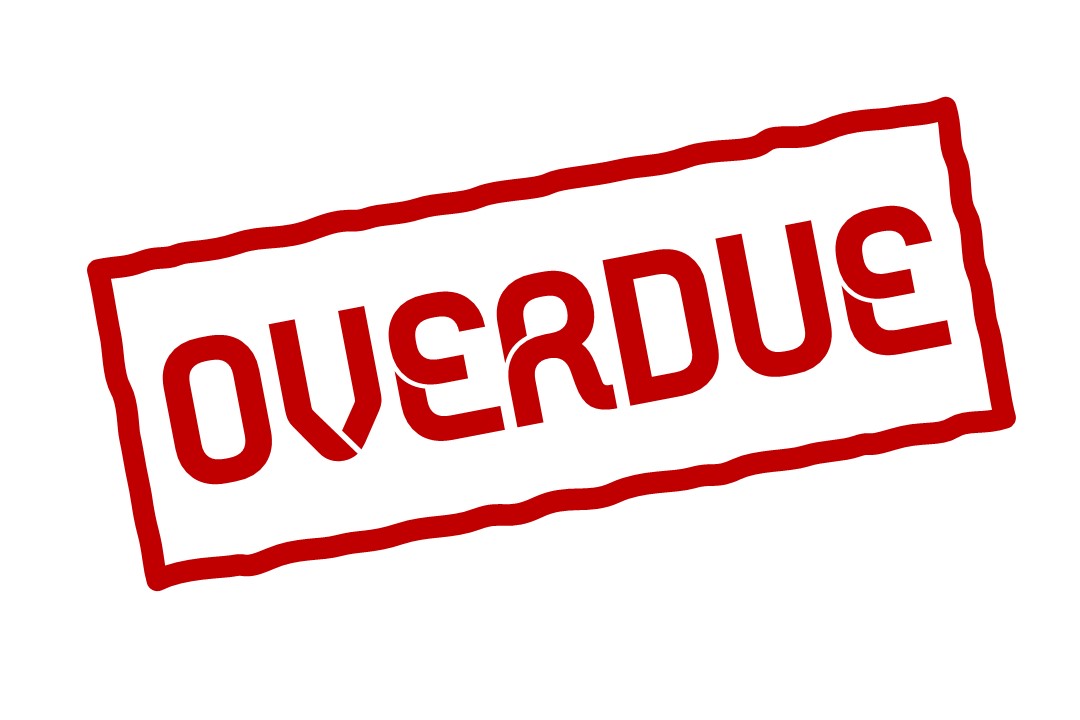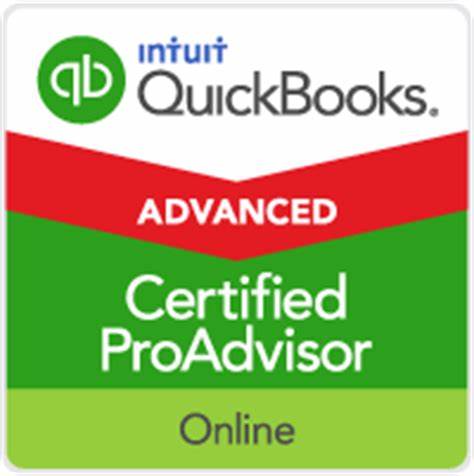2025 2024 2023 2022 2021 | |
2020 | |
21.10.2020: Late payments affecting SMEsLate payments have nearly doubled from 12 days in 2018 to 23 days in 2019, says the latest MarketFinance Business Insights. Some 39% of invoices were paid late in 2019, which is a marginal improvement from the 43% in 2018. On average, £34,286 was owed in late invoices, which means businesses waiting on £34bn in late payments. The research shows larger businesses take longer to settle bills than their smaller counterparts. MarketFinance's Bilal Mahmood said:
|

He revealed that separate research highlights that 87% of businesses are prevented from taking on more orders because of cashflow constraints owing to late payments. Mahmood said government measures such as the Prompt Payment Code and Duty to Report have helped create awareness but need "more bite". |
01/07/2020: QuickBooks Online
We have now received our QuickBooks Online Advanced certification.
|

|
13.05.2020: Furlough SchemeChancellor Rishi Sunak has announched that the UK scheme to pay wages of workers on leave because of coronavirus will be extended to October. Employees will continue to receive 80% of their monthly wages, up to £2,500, but he said the government will ask companies to "start sharing" the cost of the scheme from August; whereby employers currently using the scheme will then be able to bring furloughed employees back part-time. |

A quarter of the workforce (27%), 7.5 million people, are now covered by the scheme, being used by 935,000 companies. This is costing £14bn a month. |
25.03.2020: Working from HomeAs the coronavirus is causing many of us to work from home, here are some top tips to keep it as productive as possible.
|
|
11.03.2020: The BudgetChancellor Rishi Sunak is delivering his first Budget in the House of Commons, announcing the government's tax and spending plans for the year ahead.
|

|
22.02.2020: Arthur Hayes Testimonial
– Lucinda Howard – Arthur Hayes Opticians, East Grinstead |

|
26.01.2020: Preparing for Bexit#5 Data ProtectionMost of the data protection rules affecting small to medium-sized businesses and organisations will stay the same after exiting the EU. The UK is committed to maintaining the high standards of the GDPR (General Data Protection Regulation) and the government plans to incorporate it into UK law after . No EU contacts or customers – where a business does not receive personal data from the EU, little or no additional work will be required to prepare for data protection compliance after . |

— Businesses that receive data from the EU – where an organisation receives personal data from contacts in the , extra steps will be needed to ensure that the data can continue to flow after . — Businesses will need to comply with both UK and EU data protection regulations after if they have an office, branch or other established presence in the European Economic Area (EEA), or if they have customers in the . |
22.01.2020: Preparing for Bexit#4 People and TravelWorkforceBusinesses will remain able to hire staff from EU countries after the UK leaves the Union. The UK Government will establish a new skills-based immigration system by 2021. Until then, EU/EEA/Swiss citizens arriving in the UK after EU Exit will be able to work or study for up to 3 months without a visa. Those who want to stay in the UK beyond the initial 3-month visa free period, will be able to apply for EU Temporary Leave to Remain (TLR) while they are in the UK to remain for up to 36 additional months. This period will not be extendable. Those who want to remain permanently would have to apply under the new skills-based immigration system. Employers will need to continue to conduct the same Right to Work checks that they currently do, using EU / EEA / Swiss citizens’ passport or national identity card, until 2021. QualificationsWhere UK nationals have already been recognised by an EU country as holding valid professional qualifications this will remain valid after the UK leaves the EU. EU Workers’ Right to StayEU nationals and their family members who have lived in the UK for at least five years will have until 31 December 2020 to apply for UK Settled Status. If they’ve been in the UK for less than 5 years, they can apply for Pre-Settled status until they have completed five years. Irish citizens do not need to apply for the right to stay unless they wish to. |

UK Self-employed Workers AbroadSelf-employed workers working in the EU, EEA or Switzerland should check whether they will need to pay local social security contributions after we leave the EU – more information. Travel
Freedom of movement under EU rules and legislation will cease immediately after a no-deal . This will have implications for the movement of both people and goods (see Customs artile).
|
18.01.2020: Preparing for Bexit#3 Financial ReportingThe UK’s corporate reporting regime will remain largely unchanged after the UK exits the European Union. The Government has published guidance on accounting practices in the event of a no-deal Brexit. DisclosuresThe Financial Reporting Council is encouraging companies to be specific about the threats they face from leaving the EU. Recent advice to finance directors and audit chiefs says challenges should be disclosed, along with details of actions taken or planned. AuditUK companies will need to appoint a UK registered audit firm. An individual UK registered auditor will need to sign the audit report on behalf of the firm. Some rules relating to approving individuals and firms for registration as auditors will change. |

Company LawUK businesses with a branch operating in the EU will become a third country business in the event of no-deal, and so will need to comply with the laws in those countries. AccountsAccounts will need to be prepared using ‘UK adopted IAS’ instead of ‘EU adopted IAS’ for financial years beginning after the UK leaves the EU. Initially, standards will be the same, but may later diverge. |
14.01.2020: Preparing for Bexit#2 VATAfter Britain leaves the EU, businesses will have to apply VAT to trading with EU countries in the same way as when trading with non-EU countries. In the long term, the UK will be able to set its own VAT rates. But the UK’s short-term policy is to stay as close to the current position as possible. Postponed AccountingHMRC has announced a postponed accounting scheme for VAT on goods brought into the UK. This will avoid adverse effects on cash-flow. It means that UK VAT-registered businesses importing goods to the UK will be able to account for import VAT on their VAT return, rather than paying import VAT on or soon after the time that the goods arrive at the UK border. This will apply both to imports from the EU and non-EU countries. Triangulation will EndThe process of simplifying cross-border VAT accounting by 'triangulation' will no longer apply. This presently allows a British business to order goods in France and have them delivered to a customer in Italy without a need to be registered for VAT in either of those countries or charging VAT. After Britain leaves the EU, this benefit will no longer be available, and the business will need to register in either Italy or France. VAT Registration in the EUBusinesses that are currently registered for VAT in other EU countries should be aware that many countries have different registration requirements for EU and non-EU businesses. Current EU rules would mean that UK businesses will continue to be required to register for VAT in the EU member states where sales are made in order to account for the VAT due in those countries. |

Ireland and VATThe Irish Government will need to clarify arrangements for a no-deal exit with the European Commission and EU member states. says companies trading across the land border in Ireland should consider taking advice from the Irish government about the best way to prepare. Distance SellingMail order exports to private customers in the EU countries are currently covered by the EU's distance selling regime. After exit, this scheme would cease to apply to the UK. Sales by UK operators would be zero-rated by . However, there could be charges for and duty on the EU side. Postal Imports Worth £135 or LessWhile most payments will be deferred, this does not include goods imported as postage parcels and valued at £135 or less. Here, the importer will pay the import VAT upfront and the overseas seller of the goods will have to account for the import VAT. The VAT should then be reclaimed against the sales invoice on the next VAT Return. VAT on Digital ServicesBusinesses that sell digital products to consumers in the EU will have to get to grips with VAT changes after we leave the EU. The Mini One Stop Shop (MOSS) scheme was designed to simplify accounting for VAT for such businesses. However, the UK MOSS scheme will close after we leave the EU. In future, businesses will need to either: register for VAT MOSS in any EU member state; or register VAT in each EU member state where they sell digital services to consumers. |
10.01.2020: Preparing for Bexit#1 Customs processesOnce we leave the EU, we will leave the Customs Union and so import and export processes will apply. EORI NumberIn order to move goods in or out of the UK, businesses will need a UK EORI number (Economic Operator Registration and Identification). This should be prefixed with the letters GB. HMRC has automatically enrolled companies that are VAT registered, and have traded with Europe. Firms below the VAT threshold need to apply online. The process is simple and takes around three days – more information. Action: check if your organisation needs an EORI number. In order for an organisation in the EU to receive goods from a UK supplier, they will also need an EU EORI number – more information. Action: check trading partners have an EORI number. Businesses that export and import across the Irish border and not with other parts of the EU will not need an EORI number. Customs DeclarationsCustoms declarations need to be made for goods entering or leaving the UK. Businesses can do this themselves using specialist software. Alternatively, they can appoint a customs agent or freight forwarder to make declarations. Action: decide who will make the customs declaration. Do any further procedures apply? Assigning ResponsibilityConsider making a person in the business responsible for leading customs planning. In general, staff need to understand the processes involved in shipping goods around the EU now, including whether any standards or licenses apply to the items. The Government is making £16 million available to help business train staff in making customs declarations. |

Tax and DutyOrganisations importing from the EU should check what tariffs apply, and whether VAT must be accounted for. Action: check the rate of tax and duty for the goods. Deferment AccountOrganisations that regularly import can apply for deferment account, which allows payment of customs charges in a single monthly payment on the fifteenth day of the month following the month of import. Having a deferment account can help a business ensure high-value shipments are cleared quickly and simply at Customs. Ireland Customs ProcessesHMRC has published guidance on how excise goods will be moved to and from Ireland in a no-deal Brexit. Streamlining Customs ProcessesTo reduce the amount of information given at the border, importers can apply to the Transitional Simplified Procedures (TSP) scheme. |
2019 2018 2017 2016 2015 2014 2013 2012 2011 2010 2009 2008 2007 2006 2005 2004 2003 2002 2001 | |



